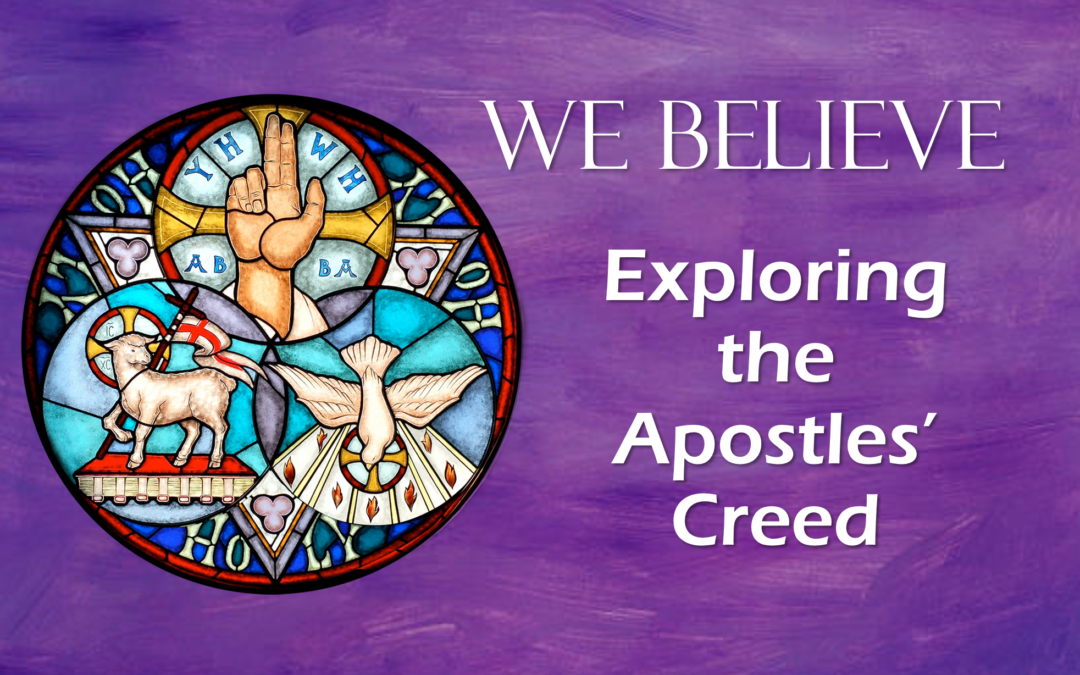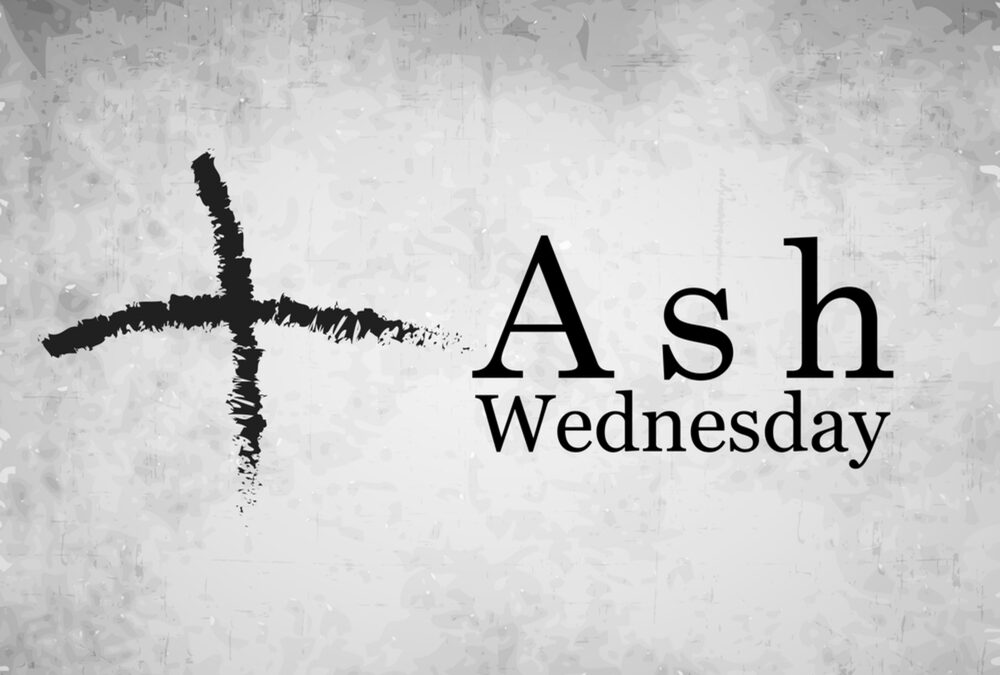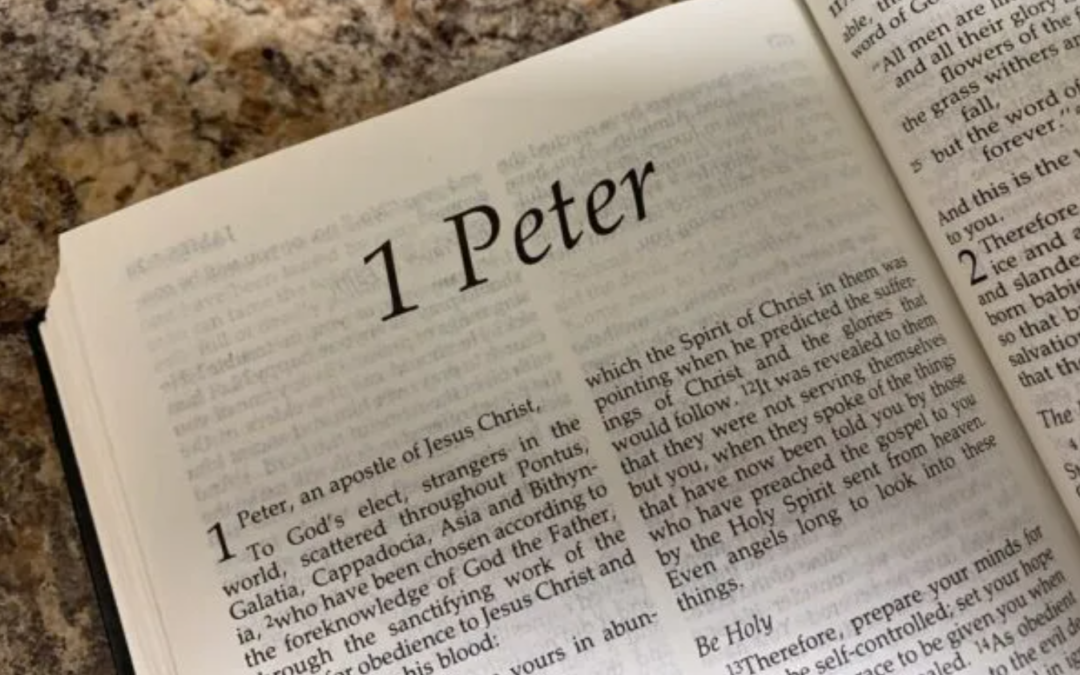
by Jeffrey Spencer | Mar 20, 2023 | News & Events
Lent is a time to be re-rooted in the fundamentals of our Christian faith. This year we’re going to do a deep dive into the Apostles’ Creed for our Lenten adult study. We meet in the church library from 9:15-10:15. This will also be our theme for our midweek Lenten services on Wednesdays. Come learn more about the words we recite in worship summarizing what we believe!

by Jeffrey Spencer | Feb 23, 2023 | News & Events
We will celebrate Pi(e) Day on Sunday, March 19 (a few days after the mathematical pun date of 3.14). All are welcome to come to the Fellowship Hall after the 10:30 service to enjoy a slice (Or 10. We cut them small.) Pie bakers are invited to bring a contribution to share. Let us know if you’ll be be bringing a pie via the Connection Card or by contacting Rita Cline.

by Jeffrey Spencer | Feb 20, 2023 | News & Events
Join us from 6-7:30 as we enjoy warm, soft pretzels and all kinds of delicious dipping sauces. We’ll also explore the relationship between pretzels, prayer, and the season of Lent. All are welcome! Join us for a fun night of faith and family!

by Jeffrey Spencer | Feb 7, 2023 | News & Events
You are invited to join us as we mark the beginning of the season of Lent with worship services at Noon and 7pm including the imposition of ashes and Holy Communion.

by Jeffrey Spencer | Jan 9, 2023 | News & Events
Kick off the new year right by joining us for a study of First Peter. This class will be taught in the church library both on Sunday mornings from 9:15AM-10:15AM, and again on Wednesday evenings from 7:00PM-8:00PM. Bring your Bibles and learn what it means to be given a new birth into a living hope!
Jan. 8/11 1 Peter 1 Living Hope and Holy Living
Jan. 15/18 1 Peter 2 The Living Stone and a Chosen People
Jan. 22/25 NO CLASS – SEMI-ANNUAL MEETING
Jan. 29/Feb. 1 1 Peter 3 Marriage, Discipleship, Baptism
Feb. 5/8 1 Peter 4-5 Stewards of God’s Grace





